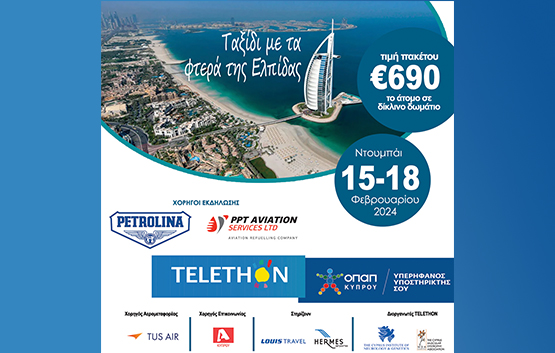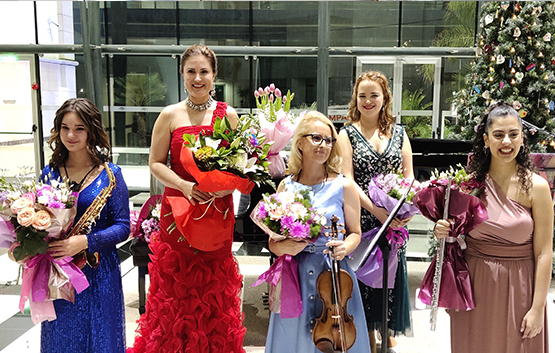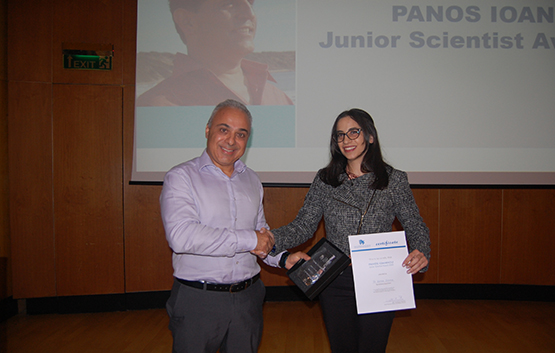ΔΙΑΛΕΞΗ, Ο καθηγητής Michel Revel στο ΙΝΓΚ

Με ιδιαίτερη χαρά και τιμή το Ινστιτούτο Νευρολογίας & Γενετικής Κύπρου θα υποδεχθεί τον Ισραηλινό επίτιμο Καθηγητή Michel Revel, του Τμήματος Μοριακής Γενετικής του Weizmann Institute of Science, και Chief Scientist του Kadimastem Ltd στο Ισραήλ. Ο καθηγητής Revel θα δώσει επιστημονική διάλεξη με θέμα "Potential of pluripotent stem cell technology in the treatment of ALS", την Πέμπτη, 6 Δεκεμβρίου, στις 6μμ στο αμφιθέατρο «Lefkos Middletton” του Ινστιτούτου Νευρολογίας & Γενετικής Κύπρου. Η διάλεξη θα είναι στα Αγγλικά και είναι ανοικτή στο κοινό. Την προηγούμενη μέρα, ο Καθ. Michel Revel, θα επισκεφθεί το Ινστιτούτο μας για να γνωρίσει από κοντά τις δραστηριότητές του σε όλους τους τομείς εξειδίκευσής του. Επίσης, φοιτητές της Σχολής Μοριακής Ιατρικής Κύπρου θα έχουν την ευκαιρία να συνομιλήσουν με τον Καθ. Revel.
Περίληψη της ομιλίας του Καθ. Michel Revel (Abstract)
Genetic engineering allowed to use cells to produce drugs, an example being Interferon-beta which we developed 30 years ago for treatment of Multiple Sclerosis. Today, stem cell technology is being harnessed to use cells themselves as therapeutic agents. Amyotrophic Lateral Sclerosis (ALS) is characterized by motor neuron death. Familial ALS is associated with a number of mutations whose functions are not always clear. However, in both f-ALS and the more frequent sporadic disease s-ALS, one observes dysfunctions in astrocytes that affect their capacity to maintain neuron survival. The diseased astrocytes may fail in removing toxic compounds as well as in providing essential neurotrophic factors. We developed large scale production of healthy human astrocytes from pluripotent stem cells (hPSC), which is now carried out under GMP conditions at Kadimastem. A secretome analysis of these young astrocytes has identified new neurotrophic factors. The cells, injected into the spinal cord CSF by lumbar puncture showed efficacy in rodent's models of ALS, passed long-term safety tests in mice, and are now in a phase I/IIa clinical trial in ALS patients, at the Hadassa Medical Center's Department of Neurology in Jerusalem. In addition, Kadimastem uses hPSC to manufacture pancreatic Islet-like clusters for implantation in insulin-dependent diabetes.
Σύντομο Βιογραφικό του Prof. Michel Revel (Biography Notice)
Michel Revel (born 1938 in France) has M.D. and Ph.D. degrees. In 1968, he joined the Weizmann Institute of Science, Rehovot, Israel, where he has been a full Professor since 1973, heading for several periods the Departments of Virology and of Molecular Genetics. He is an emeritus Professor since 2010. Prof. Revel is best known for his work on the mechanism of action of interferon and the cloning of the genes for human interferon beta (IFN-β) and interleukin-6 (IL-6). He developed the first efficient genetic engineering production of a protein (IFN-) in animal cells (CHO cells). He was Chief Scientist of InterPharm (Serono group), which produced the recombinant IFN- (Rebif), a leading drug for treatment of Multiple Sclerosis, now 20 years in the market and sold in 90 countries by Merck Kga. Since 2010, Prof. Revel is co-founder and Chief Scientist of Kadimastem, an Israeli company producing human tissues by differentiation of pluripotent stem cells (ESC). The first product of Kadimastem, AstroRx, has just been approved for clinical trial in Amyotrophic Lateral Sclerosis (ALS). Kadimastem also develops ESC-derived islet-like cells for the treatment of diabetes. Prof. Revel has received the Israel Prize for Medicine in 1999 and the Emet Prize in 2004. He was elected at the Israel National Academy of Science and Humanities in 2005. He served as chairman of the National Biotechnology Committee of Israel (1999-2002), and chairman of the National Bioethics Committee (2004-10). Prof. Revel has published 3 books and over 220 peer-reviewed scientific articles. His bioethics writings, emphasizing viewpoints of the Jewish tradition are at: //bioethics.academy.ac.il.










0002.jpg)
